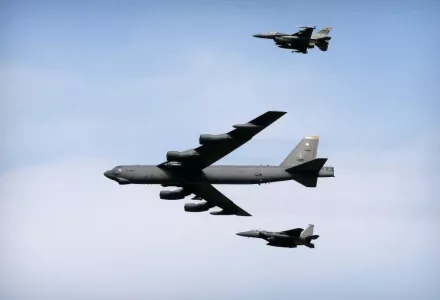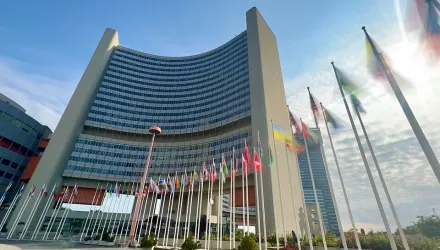Speaker: Alexander Sorg, Stanton Nuclear Security Postdoctoral Fellow, International Security Program/Project on Managing the Atom
There exists an elaborate scientific literature delving into the question of how nuclear weapons impact conflict between states. Yet, much less research has been conducted on an important sub-question: How do explicit nuclear security guarantees affect the propensity for conflict between states? This question is highly relevant in today's international environment, which is witnessing a renewed importance of nuclear security guarantees and potentially, a second age of nuclear deployments.
This project focuses on understanding the consequences of nuclear security guarantees. Specifically, scholars and policymakers aim to examine whether nuclear umbrellas and nuclear deployments trigger moral hazard, leading protégé states to engage in risky or overly aggressive behavior, which would be problematic from the deploying state’s perspective. Conversely, do these security guarantees offer host states advantages in international relations, making them beneficial from the host state’s viewpoint? Thus, this analysis seeks to examine: (1) Do nuclear protégés start international disputes — both militarized and non-militarized — more frequently? (2) Are they more likely to conclude ongoing conflicts on terms favorable to themselves?
Admittance is on a first come–first served basis. Tea and Coffee Provided.






